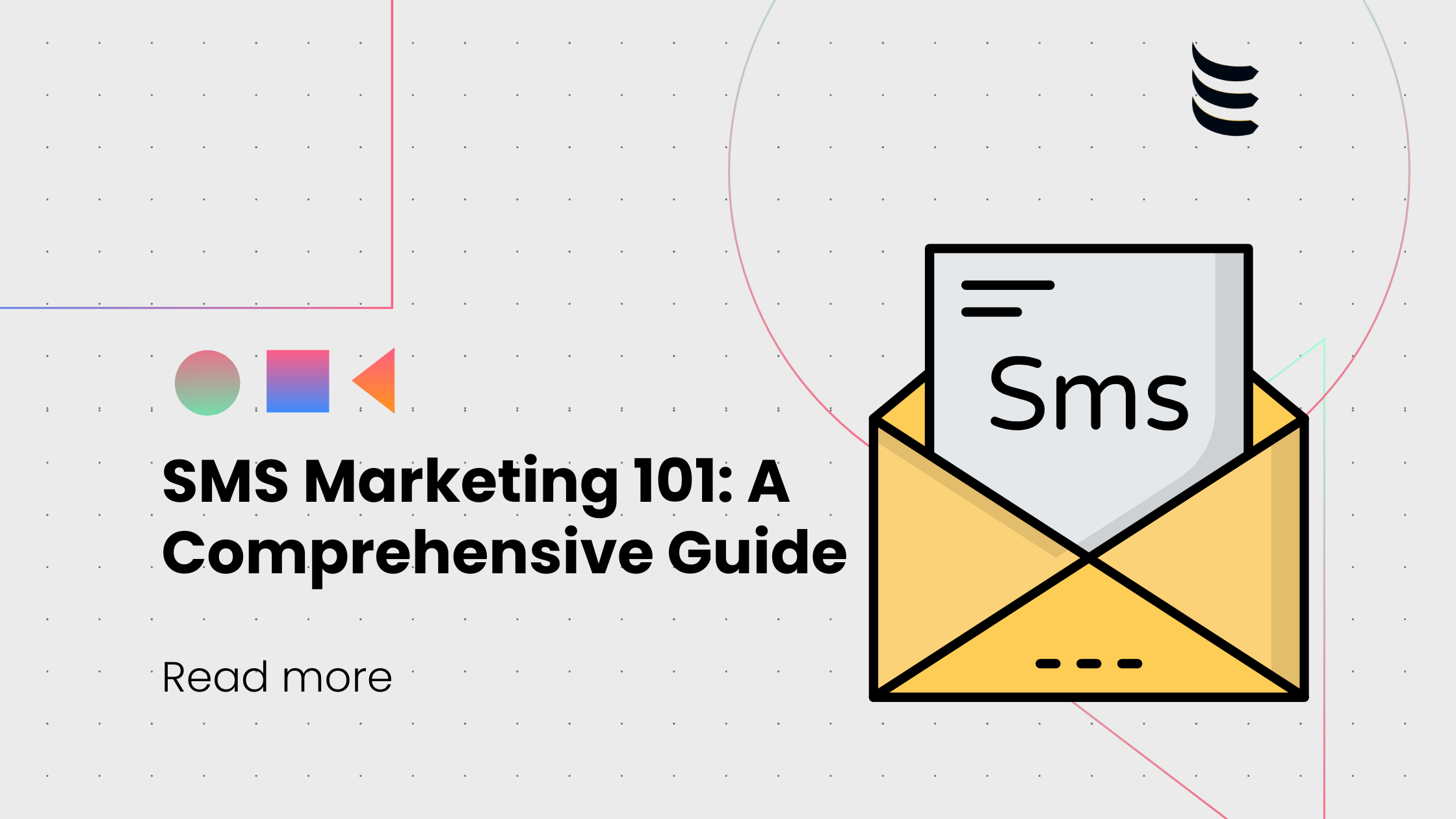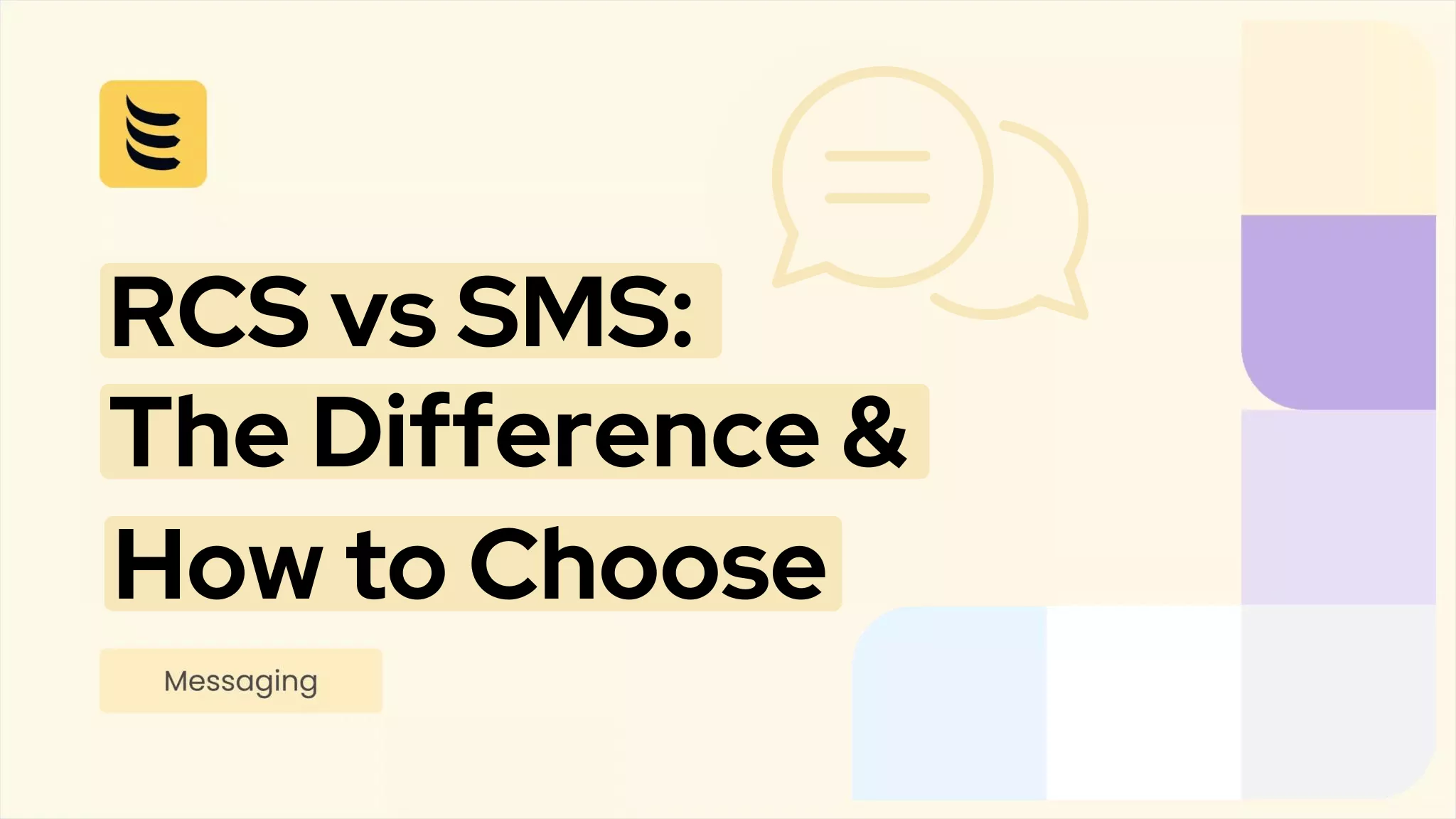With the arrival of the digital revolution, improvements to communications have enabled businesses to streamline operations, providing fast, high-quality connections across the supply chain in order to deliver seamless processes.
One technology which has pushed the boundaries of communication in business is VoIP (Voice over Internet Protocol) which provides many benefits for organisations to take advantage of. But what is VoIP and what are the contrasts with traditional landline services?
Landline Services and VoIP Solutions
VoIP and traditional landlines are the two most commonly implemented technologies in mid-sized and small businesses for communicating with both customers and employees.
Landline services, based upon the PSTN (Public Switched Telephone Network) are analogue systems which direct calls through regional or local provider copper wiring. To enable this service, businesses require an on-site PBX (Private Branch Exchange), which is hardware that allows multiple phone extensions to be set up and facilitates extension directories and call transfers.
VoIP does not need old copper wires as it utilises the existing internet connection to receive and make calls. This is because VoIP technology adapts audio signals from speech into digital data which travels via a broadband internet to a destination. Rather than traditional phone jacks, phone lines are plugged into VoIP adaptors, which are, in turn, attached to computers or modems.
Is Voice Termination Best for Your Company?
Before choosing a system, it is vital to take into account the individual needs of your organisation, as well as comparing the drawbacks and benefits of each solution.
– Convenience
When it comes to convenience, VoIP solutions wins hands-down with its ability to allow firms to receive and make calls without any restrictions as to location, other than the availability of a suitable internet connection.
As traditional landlines use wires, they are installed in a fixed location. VoIP systems, in contrast, allow businesses to connect with employees at any location by utilising telephone extensions which can be programmed through any mobile device, whether at home, in the office or on the field. This functionality ensures that customers can reach your business easily by calling a single number.
– Customisation
One of the most significant differences between traditional landlines and VoIP is customisation. A good quality VoIP solution allows users to customise their subscription and to control which services they have.
For example, IDT’s VoIP solution allows users to direct calls to their smartphone at fixed times, or have audio copies of voicemails sent by email.
– Versatility
Reflecting the importance of versatility in business, VoIP is far superior in its ability to migrate across different platforms, from laptops, and desktops to smartphones. Our VoIP solution can even be integrated with other existing systems, such as CRM (Customer Relationship Management) applications to provide easy access to important data when making customer service calls.
This provides your business with immediate access to key client information and the ability to customise the service accordingly.
– Functionality
Traditional landlines only deliver basic features such as call forwarding, call blocking, caller ID, call waiting, three-way calling and voicemail.
VoIP systems, in contrast, provide these basic features, together with a wide range of functionality such as voice-to-email, three-digit dialling, video conferencing, virtual receptionist and automatic call forwarding. Other advanced messaging capabilities allow businesses to collaborate and communicate effectively and efficiently with remote staff.
– Reliability
Historically, landline services may have a marginal advantage here, due to the fact that traditional phone lines are centrally rather than locally powered. If there is an internet connection interruption or power outage, businesses may still have access to landline services but VoIP services may be offline. In practice, however, local PBX systems require power so the advantage here is negligible. IDT solutions also include features such as the ability to automatically direct calls to smartphones in the event of an outage.
– Value for Money
Using VoIP is far more affordable when compared with traditional landlines, as calls and messages are received and sent as internet data. PTSN-based telephony, on the other hand, requires dedicated lines which run over traditional copper lines to enable the call to reach its destination. Both solutions may provide unlimited domestic calls, but with international calling, VoIP provides vastly lower rates thanks to its use of the internet.
Businesses can, therefore, create a presence anywhere, where long distance calls will be charged at the local rate as the virtual number remains the same regardless as to location.
– Scalability
Our VoIP solution, by definition, is highly scalable and allows businesses to remove or add as many extensions or phone lines as required. We are also able to increase or reduce the number of users, ensuring that you to pay for precisely the service required. Landlines, in contrast, tend to be subject to fixed term contracts and protracted installation times.




